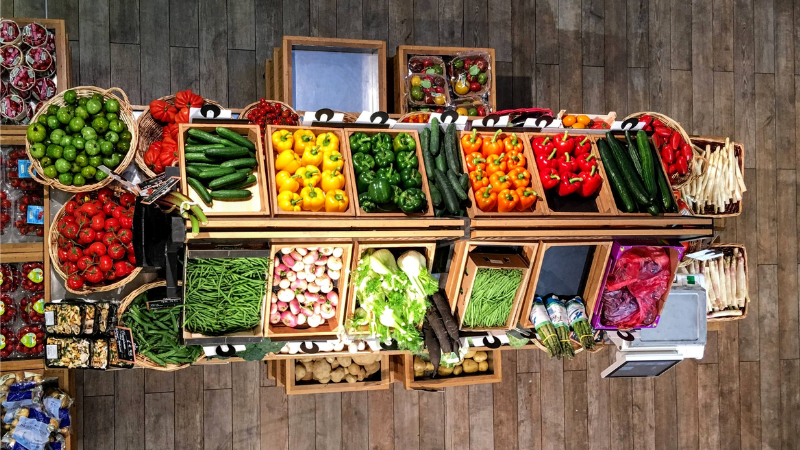Consumers across the world are feeling the impact of soaring food prices, and, with Malta’s reliance on imports, this is also hitting the local market. According to the Malta Chamber of Commerce, food prices on the island have jumped mainly as a result of the hike in the price of raw materials, increased demand, rising labour costs, higher operational costs, and the significant number of foreign workers who have left the island.
The Shift sent questions to the Chamber of Commerce regarding consistent news reports highlighting higher prices not just for food but for other everyday materials such as gas. According to the Food and Agriculture Organisation, food prices across the world reached a 10-year peak in October, increasing by 3.2% since the last measurement was taken in September of this same year.
This particularly affects Malta, which imports roughly 80% of its food and is virtually dependent on the international market to feed its population. Additional instability on the food supply chain as a direct result of climate change further worsens the situation.
“The Malta Chamber believes there are several factors leading to these increases,” Head of Policy and Members Relations Andre’ Fenech told The Shift.
“Amongst these, there are the increase in price of raw materials due to lower production and increased demand from emerging markets as well as rising labour and wage costs due to employee shortages. Operational costs have increased due to the COVID pandemic, coupled with a decrease in consumption due to less tourists’ arrivals and many expats leaving the island,” Fenech continued, adding that these factors are “heavily impacting” the price of goods.
Besides these main issues relating to global supply chain instability, Fenech also pointed out that Malta has always been hamstrung by its insularity and subsequent loss of competitive edge with mainland Europe competitors.
“Extra costs are undeniably incurred by Maltese traders as part of their transport and logistics operations to access overseas markets,” Fenech said.
“Certainly, the international supply chain shocks brought on by the Covid-19 crisis increased such pressures, reflected into added costs due to logistics disruption, lost revenues, higher prices of sourced goods, unavailable materials that are suddenly in short supply and the time and effort that would be required to secure them,” he added.
Malta’s “historical reliance” on the UK market was also negatively affected by the consequences of Brexit, with much of the trade between Malta and the UK being subjected to increased costs and red tape.
Asked for any possible solutions which may help alleviate the severity of the situation, the Malta Chamber’s spokesperson argued that “mitigating costs on operators and reducing administrative burdens” would help ease the burdens on flailing businesses.
“For example, the extension of the bands and time of existing energy night tariffs, would be welcome news for retail outlets, whose reliance on use of freezers, chillers and fridges is extensive,” Fenech said.
“Such incentives would be coupled with the need to attract foreign workers, a thorny issue which remains key to make up for the shortages currently being faced by industry striving towards economic recovery,” he added.
Throughout the economic instability brought on by the ripple effects of the COVID-19 pandemic and policies related to foreign workers in Malta, the country faced an exodus of foreign workers when the closure of several economic sectors led to the loss of working permits for foreigners employed in the island.
Workers were given just ten days to find alternative employment in the case of loss of work or otherwise face deportation.














